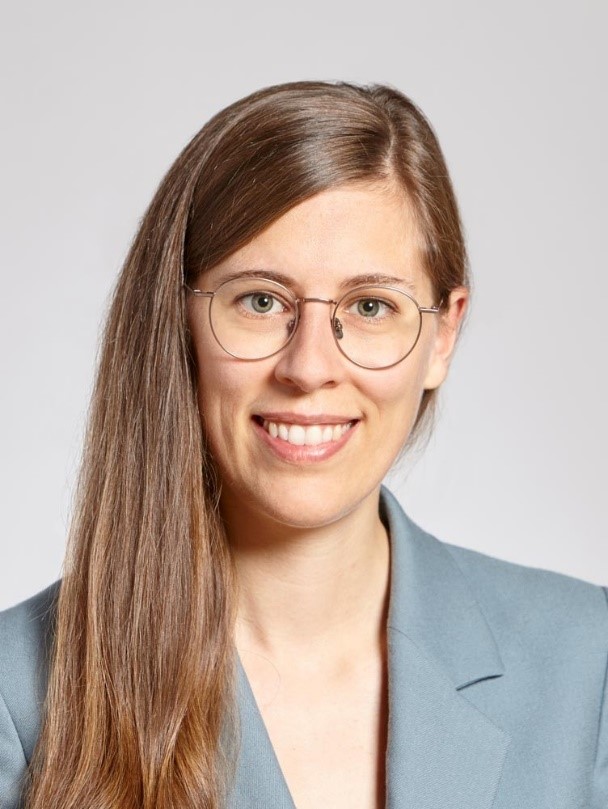Asst Prof. Dr Catherine DE WOLF

Co-Investigator of Circular Future Cities
The launch of the Structural Engineers 2050 (SE 2050) Commitment was based on the database Asst Prof. Dr Catherine de Wolf developed during her PhD at MIT to collect data on hundreds of projects in the built environment: the Database of Embodied Quantity Outputs (DEQO). Via an interactive web interface, contractors, engineers, and architects can input data on the material quantities and environmental impacts of their building and infrastructure projects and compare them to hundreds of projects worldwide. In this framework, she collaborated with leading structural engineering firms globally, including Arup and Thornton Tomasetti.
She collaborated with the Joint Research Centre of the European Commission on developing a uniform methodology for Life Cycle Assessment (LCA) tools and software based on this work. In her current lab, we are expanding this database to create a matchmaking service between supply of demolition waste and demand of reused materials to design new buildings with.
She has extended her work to the urban scale in different cities: Kuwait City, Geneva, and Zurich. Through interdisciplinary and international collaborations, she has been able to use big data to make recommendations about environmental impacts of buildings for entire cities:
- Consortium with MIT, Kuwait University, and the Kuwait Institute of Scientific Research (KISR) - She helped to develop the Urban Modeling Interface (UMIT) software to analyse the trade-off between operational and embodied carbon, in order to recommend materials, structures, and urban strategies for the construction of prospective new cities in Kuwait with radical energy savings, through monitoring, surveying, and automated diagnostics of buildings.
- Collaboration with Ecole Polytechnique Fédérale de Lausanne (EPFL), University of Melbourne / UCLouvain, and Archives d'Etat de Genève (AEG) – She helped to refine a methodology that can be applied in any city to assess the embodied carbon legacy throughout time by monitoring the constructions and demolitions of Geneva from 1850 till today; this project was part of the 4D Time Machine project.
- Her Affiliation with the Swiss Federal Laboratories for Materials Science and Technology (EMPA) & collaboration with Institute of Advanced Architecture of Catalonia (IaaC) – Her team worked on using machine learning on datasets of the city of Zurich (e.g., photographs from 1908, Google Streetview images, social media images, etc.) to predict when façade elements will be disassembled and can be reused in the future.
Awards
- Association of Collegiate Schools of Architecture (ACSA), TAD Article Award
- Qualification maître de conference, aptitude certification to be civil engineering professor in FR
- Marie Sklodowka-Curie Fellowship & Swiss Government Excellence Scholarship
- World Excellence Fellowship Wallonie-Bruxelles International
- MIT Presidential Fellowship
- Belgian American Education Foundation & Gustave Boël – Sofina Fellowship
- Innovators under 35, Hangai, Harold Horowitz, Young Researcher, Horta Excellence
Education
- PhD in Architecture: Building Technology, MIT, Dept. of Architecture, Boston (US) Dissertation: Low-carbon pathways for structural design, Prof. J. Ochsendorf Defense April 11, 2017, Degree June 9, 2017
- MSc. in Building Technology, MIT, Dept. of Architecture, GPA 5/5, Boston (US) Thesis: Material quantities in structures & their environmental impact, Prof. J. Ochsendorf
- BSc. & MSc. Civil Engineering & Architecture, VUB/ULB, Highest Honours, Brussels (BE) Thesis: Life Cycle Design – buildings, components & materials, Prof. N. De Temmerman
Publications
You can view Asst Prof. Dr Catherine De Wolf's publications here.